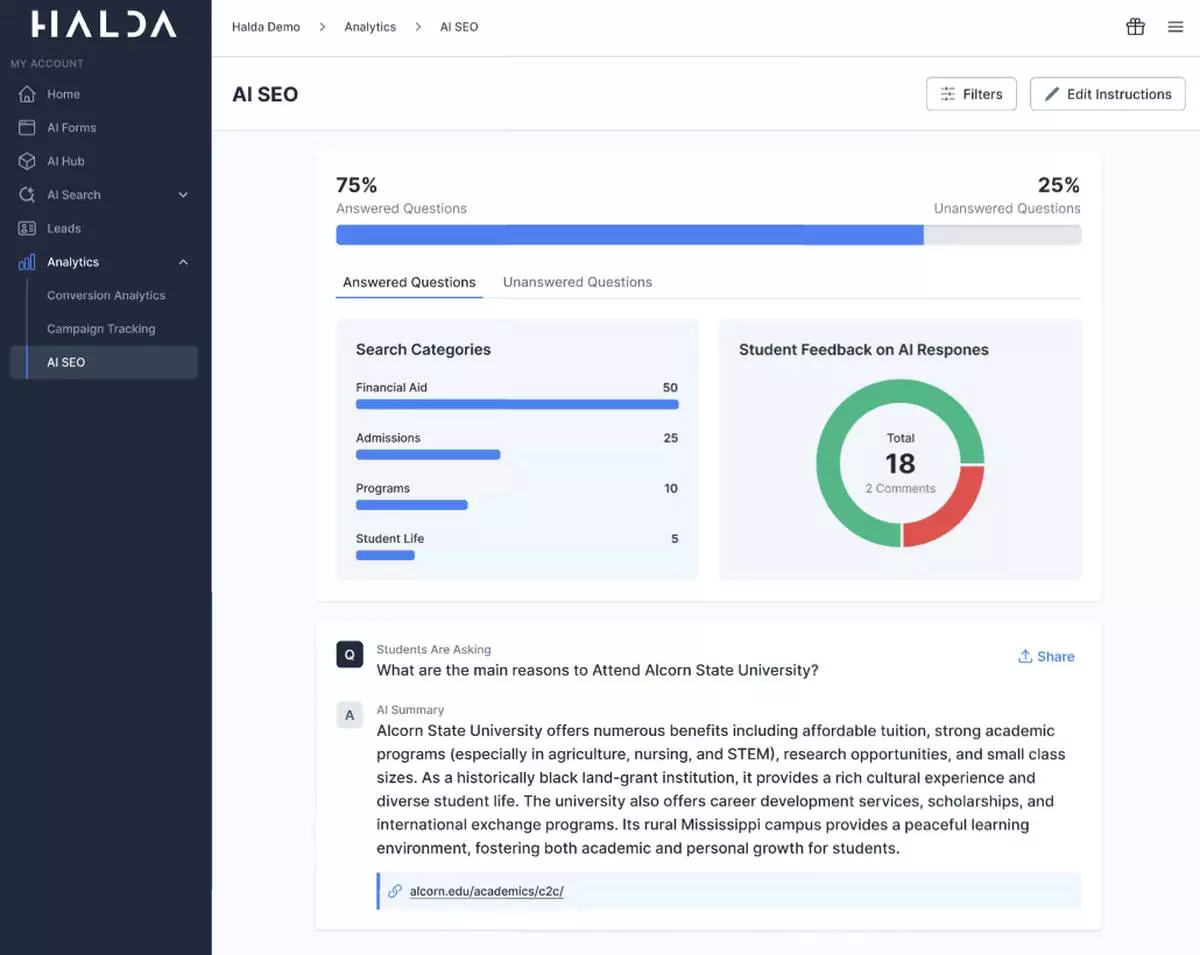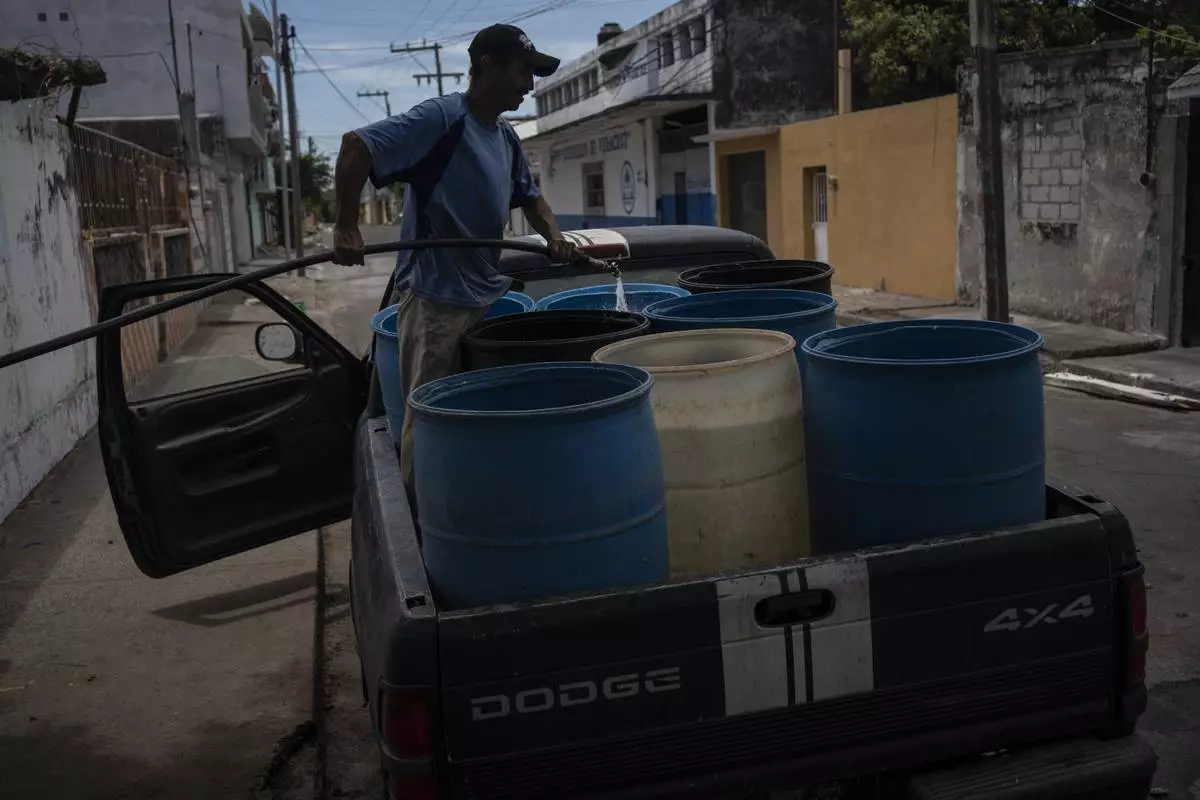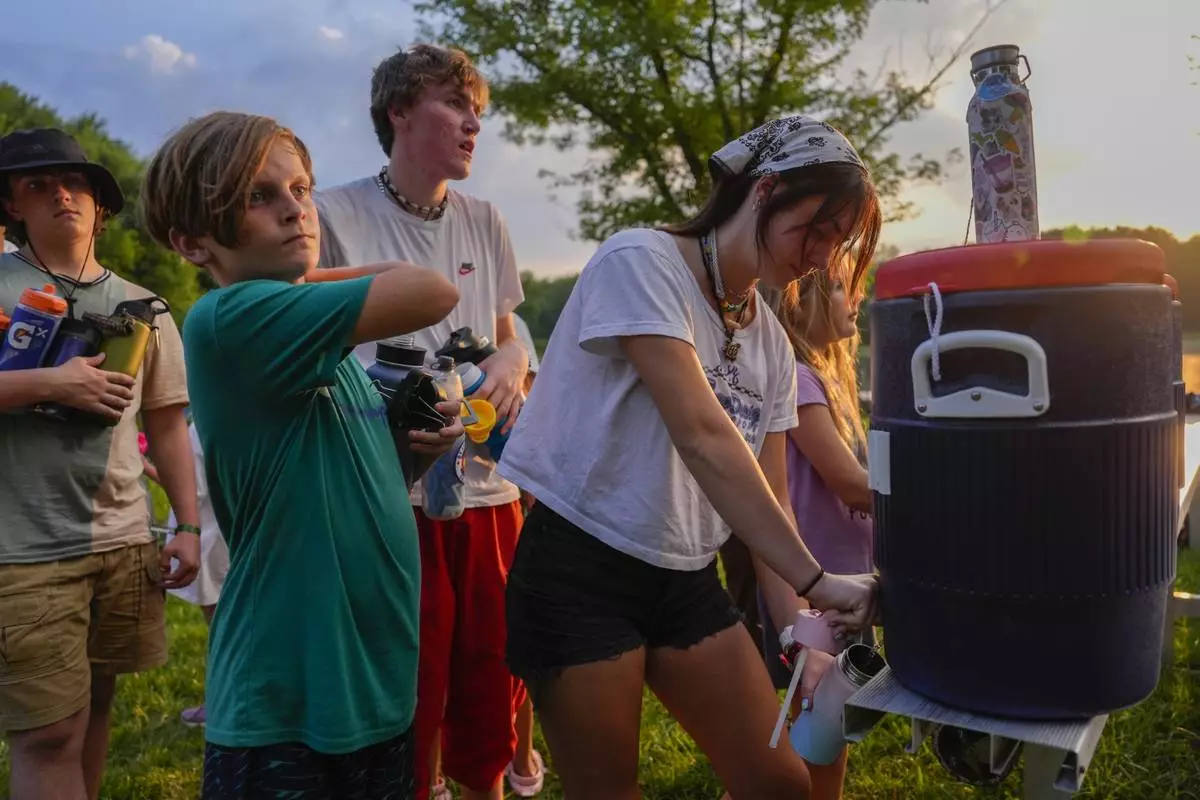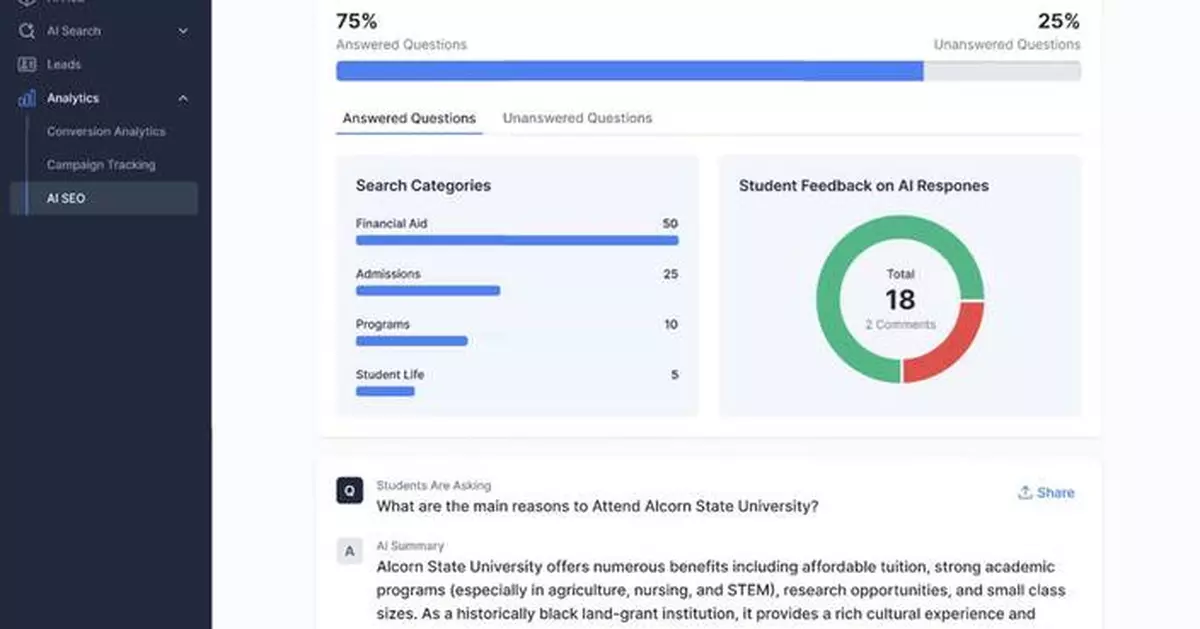PROVO, Utah--(BUSINESS WIRE)--Nov 7, 2024--
Halda is excited to announce its latest innovation, AI SEO, a cutting-edge feature designed to give college and university enrollment teams the tools they need to optimize website content, fill information gaps, and improve the quality of AI-generated answers sourced from their content on search engines. AI SEO enables a new level of precision and speed in identifying and filling content gaps to ensure institutions present accurate, student-centered information. By allowing marketing teams to quickly address these gaps without waiting on IT or web development teams, Halda continues to redefine how higher education institutions can leverage websites to more effectively reach prospective students.
This press release features multimedia. View the full release here: https://www.businesswire.com/news/home/20241107049954/en/
How AI SEO Benefits Enrollment and Admissions Marketing Teams
Website optimization has undergone a fundamental transformation in the last two years. For decades, search engine optimization (SEO) focused on helping search engines index and rank content. Now, with the rise of AI-powered search and summarization tools, institutions must adapt to a new paradigm: AI-optimized content.
Modern AI platforms like ChatGPT, Gemini, and Claude do more than just index websites—they actively summarize and deliver institutional information to prospective students. The critical question is: Are these AI systems accurately representing your institution's unique value, mission, and offerings?
AI SEO from Halda helps higher education institutions overcome this challenge by identifying content gaps and how AI summarizes their existing content. This enables institutions to correct inaccuracies and provide additional content that AI can summarize. Without a tool like this, institutions are blind and losing prospective students before they visit their websites.
“In an AI-driven world, Halda AI SEO is redefining what SEO means for higher education,” said Jon Grover, VP of Product. “With traditional approaches becoming insufficient, institutions must ensure their content is crafted intentionally for AI summarization. Without a proactive strategy that is made easier with AI SEO, schools risk losing prospective students who find answers in search engines without ever visiting the institution’s website.”
How AI SEO Works
AI SEO provides intuitive, data-rich analytics tailored for strategic web optimization and student-first content planning. By analyzing institutional website content, it highlights content gaps and shows how AI interprets and summarizes existing information. This empowers enrollment marketers to identify and address missing or outdated content immediately:
AI SEO from Halda empowers enrollment marketers to take a proactive, strategic approach to identifying and addressing web content gaps, ensuring that the institution’s website meets student expectations. Without a tool like this, institutions remain blind to significant content gaps and risk losing prospective students before they even visit their website.
For more insights on improving student engagement and increasing prospective student conversion through AI SEO, visit https://www.halda.ai/post/aiseo.
About Halda
Halda is the first AI-powered enrollment marketing platform that unifies marketing campaigns, websites, and CRMs for a streamlined and effective approach to student recruitment. With Halda, institutions gain access to high-performing, ready-to-use playbooks that can be instantly tailored to match any institution’s brand and voice, driven by advanced artificial intelligence for optimal impact.
Halda’s Personalization Platform offers a suite of AI-powered tools designed to engage and convert prospective students:
Institutions using Halda see improved student experiences—with over 90% of students finding Halda’s assets helpful—and a notable increase in lead volume, typically doubling or even quintupling leads without requiring a website rebuild. Additionally, Halda’s automated lead attribution delivers transparency, helping institutions allocate budgets effectively by identifying high-performing campaigns.
For more information on Halda and the upcoming release of AI SEO, please contact us at press@halda.ai or visit our website at Halda.ai.


Halda's AI SEO Dashboard (Graphic: Business Wire)
CHICAGO (AP) — For the second year in a row, Earth will almost certainly be the hottest it's ever been. And for the first time, the globe this year reached more than 1.5 degrees Celsius (2.7 degrees Fahrenheit) of warming compared to the pre-industrial average, the European climate agency Copernicus said Thursday.
“It's this relentless nature of the warming that I think is worrying,” said Carlo Buontempo, director of Copernicus.
Buontempo said the data clearly shows the planet would not see such a long sequence of record-breaking temperatures without the constant increase of greenhouse gases in the atmosphere driving global warming.
He cited other factors that contribute to exceptionally warm years like last year and this one. They include El Nino — the temporary warming of parts of the Pacific that changes weather worldwide — as well as volcanic eruptions that spew water vapor into the air and variations in energy from the sun. But he and other scientists say the long-term increase in temperatures beyond fluctuations like El Nino is a bad sign.
“A very strong El Nino event is a sneak peek into what the new normal will be about a decade from now,” said Zeke Hausfather, a research scientist with the nonprofit Berkeley Earth.
News of a likely second year of record heat comes a day after U.S. Republican Donald Trump, who has called climate change a “hoax” and promised to boost oil drilling and production, was reelected to the presidency. It also comes days before the next U.N. climate conference, called COP29, is set to begin in Azerbaijan. Talks are expected to focus on how to generate trillions of dollars to help the world transition to clean energies like wind and solar and avoid more warming.
Also on Thursday, a report released by the United Nations Environment Programme called for increased funds to adapt to global heating and its consequences. It found that the $28 billion spent worldwide to adapt to climate change in 2022 — the latest year the data is available — is an all time high. But it's still far short of the estimated $187 to $359 billion needed every year to deal with the heat, floods, droughts and storms exacerbated by climate change.
“Earth’s ablaze,” said U.N. Secretary-General Antonio Guterres in a pre-recorded statement marking the report's release. “Humanity’s torching the planet and paying the price” with the vulnerable most affected, he said.
Buontempo pointed out that going over the 1.5 degree Celsius (2.7 degrees Fahrenheit) threshold of warming for a single year is different than the goal adopted in the 2015 Paris Agreement. That goal was meant to try to cap warming at 1.5 degrees Celsius (2.7 degrees Fahrenheit) since pre-industrial times on average, over 20 or 30 years.
A United Nations report this year said that since the mid-1800s on average, the world has already heated up 1.3 degrees Celsius (2.3 degrees Fahrenheit) — up from previous estimates of 1.1 degrees (2 degrees Fahrenheit) or 1.2 degrees (2.2 degrees Fahrenheit). That's of concern because the U.N. says the greenhouse gas emission reduction goals of the world's nations still aren't nearly ambitious enough to keep the 1.5 degree Celsius target on track.
The target was chosen to try to stave off the worst effects of climate change on humanity, including extreme weather. “The heat waves, storm damage, and droughts that we are experiencing now are just the tip of the iceberg,” said Natalie Mahowald, chair of Earth and Atmospheric Sciences at Cornell University.
Going over that number in 2024 doesn’t mean the overall trend line of global warming has, but “in the absence of concerted action, it soon will,” said University of Pennsylvania climate scientist Michael Mann.
Stanford University climate scientist Rob Jackson put it in starker terms. “I think we have missed the 1.5 degree window,” said Jackson, who chairs the Global Carbon Project, a group of scientists who track countries’ carbon dioxide emissions. “There’s too much warming.”
Indiana state climatologist Beth Hall said she isn't surprised by the latest report from Copernicus, but emphasized that people should remember climate is a global issue beyond their local experiences with changing weather. “We tend to be siloed in our own individual world,” she said. Reports like this one “are taking into account lots and lots of locations that aren’t in our backyard.”
Buontempo stressed the importance of global observations, bolstered by international cooperation, that allow scientists to have confidence in the new report's finding: Copernicus gets its results from billions of measurements from satellites, ships, aircraft and weather stations around the world.
He said that going over the 1.5 degree Celsius (2.7 degrees Fahrenheit) benchmark this year is “psychologically important” as nations make decisions internally and approach negotiations at the annual U.N. climate change summit Nov. 11-22 in Azerbaijan.
“The decision, clearly, is ours. It’s of each and every one of us. And it’s the decision of our society and our policymakers as a consequence of that,” he said. “But I believe these decisions are better made if they are based on evidence and facts.”
Associated Press reporters Seth Borenstein in Washington and Sibi Arasu in Bengaluru, India contributed to this report.
Follow Melina Walling on X, formerly Twitter: @MelinaWalling.
The Associated Press’ climate and environmental coverage receives financial support from multiple private foundations. AP is solely responsible for all content. Find AP’s standards for working with philanthropies, a list of supporters and funded coverage areas at AP.org.

FILE - Tourists with an umbrella walk in front of the Parthenon at the ancient Acropolis in central Athens, June 12, 2024. June 2024 was the hottest June on record, according to Europe's Copernicus climate service on Monday, July 8. (AP Photo/Petros Giannakouris, File)

FILE - Firefighter Geo Mulongo, center, finishes his water while taking a break during the Line Fire in Highland, Calif., Sept. 6, 2024. (AP Photo/Jae C. Hong, File)

FILE - Ricky Leath, an outreach specialist with the City of Miami, talks with Bei Zhao, right, as he works with the Miami-Dade County Homeless Trust to distribute bottles of water and other supplies to the homeless population, helping them manage high temperatures, May 15, 2024, in Miami. (AP Photo/Lynne Sladky, File)

FILE - A man fills containers with water due to the shortage caused by high temperatures and drought in Veracruz, Mexico, on June 16, 2024. (AP Photo/Felix Marquez, File)

FILE - A tourist shelters from the sun by a fountain in front of the Sforzesco Castle in Milan, Italy, July 11, 2024. (AP Photo/Luca Bruno, File)

FILE - Counselor Izzy Kellar, of Dayton, Ohio, fills up her campers' water bottles, June 20, 2024, at YMCA Camp Kern in Oregonia, Ohio. (AP Photo/Joshua A. Bickel)

FILE - A woman, center, weeps as patients of heatstroke receive treatment at a hospital in Karachi, Pakistan, June 25, 2024. (AP Photo/Fareed Khan, File)

FILE - A volunteer pours water to cool a man off during a hot day in Karachi, Pakistan, May 21, 2024. (AP Photo/Fareed Khan, File)



















